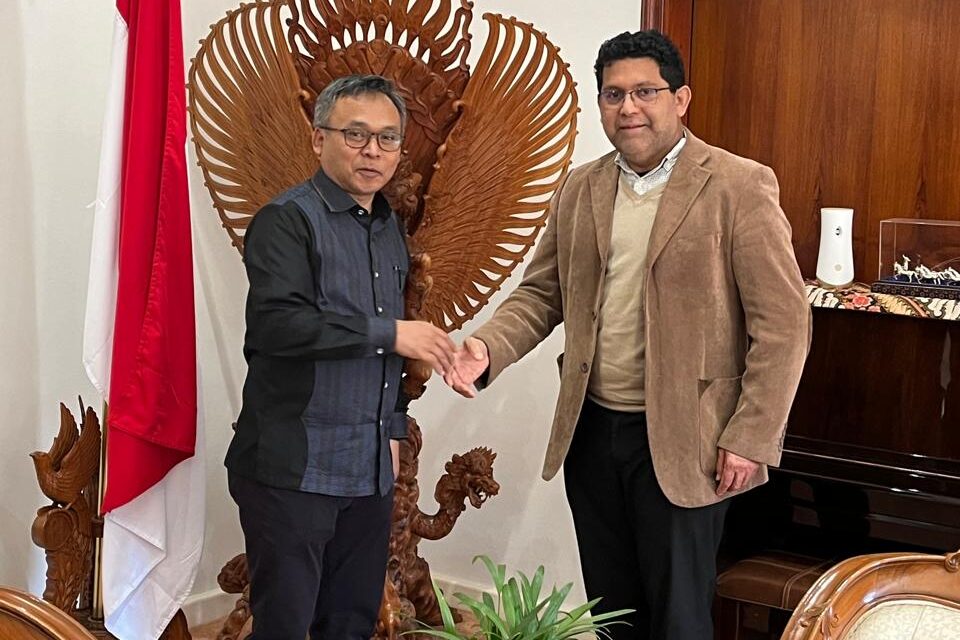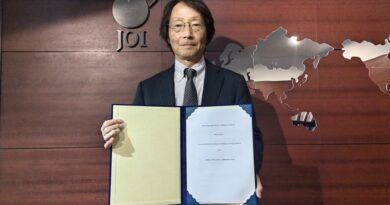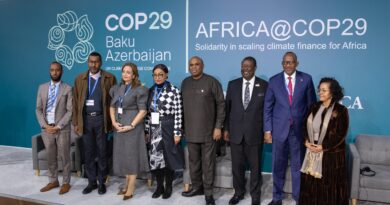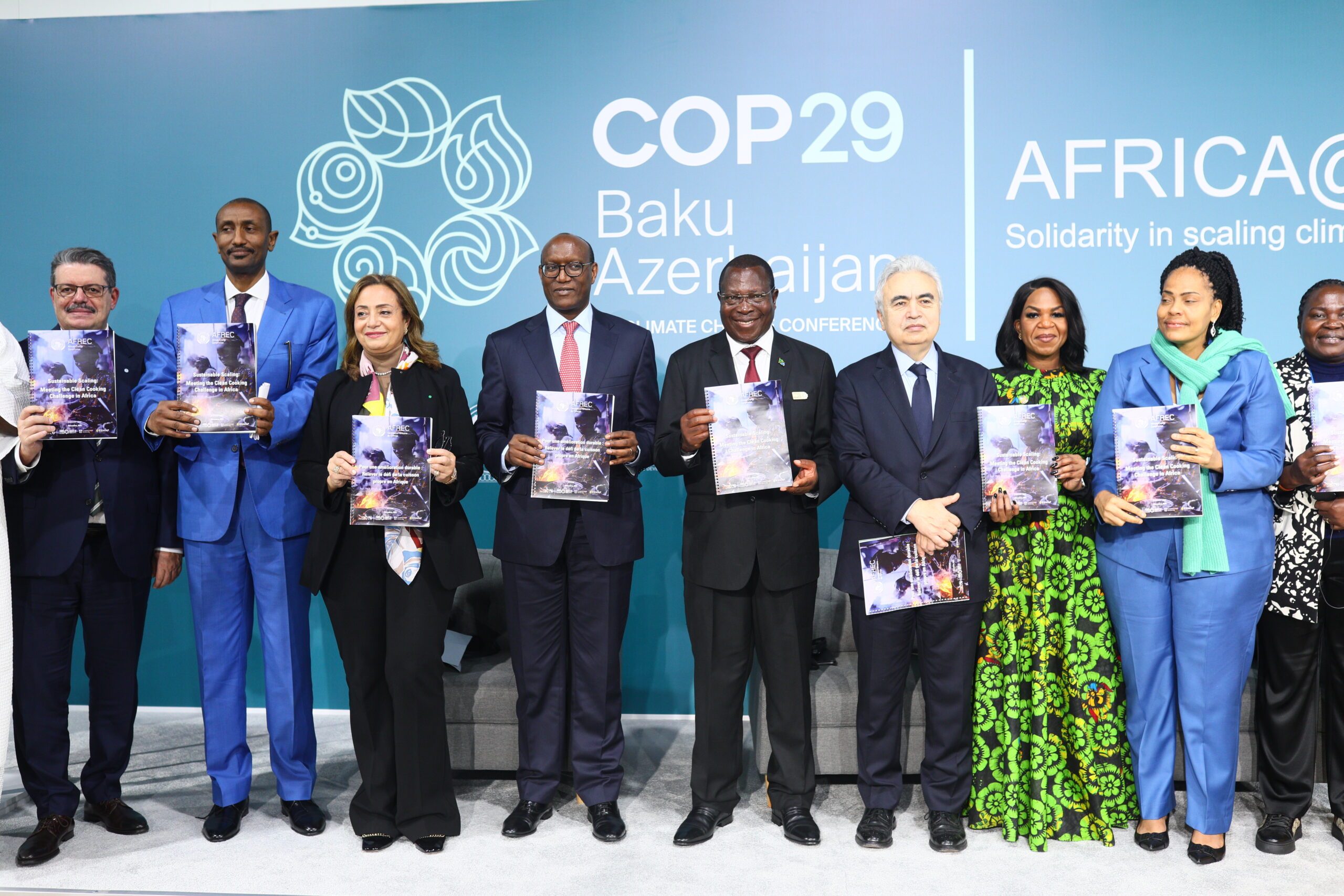African Energy Futures Initiative launched with $2.1m seed capital

The African Climate Foundation (ACF) has launched the African Energy Futures Initiative (AEFI), a new funding platform focused on African-led and African-designed energy transition solutions.
AEFI starts with a seed capital of $2.1 million (Ksh271.9 million) which was provided as a grant by The Rockefeller Foundation. AEFI aims to provide multi-year funding to centers of excellence for energy systems modeling and analysis in Africa. Initially incubated within ACF, AEFI is actively seeking additional funding partners to support its ambitious vision.
We are excited about the AEFI. We aim to build indigenous capacity in energy planning, modeling, and economic analysis across the continent. This aligns perfectly with the ACF’s approach to climate development investment platforms, as we move towards practical implementation. Our focus is on using knowledge and expertise to drive real change. Our new motto, from policy to implementation, reflects our commitment to solution-orientated action
Saliem Fakir, the Executive Director of the ACF
Approximately 600 million or 45% of Africans are without electricity, while a significantly large population lack access to affordable and reliable energy. This impedes the continent’s path towards inclusive growth and industrial development. The energy policy and investment decisions made in African countries today will impact development outcomes, emissions trajectories, and economic pathways for decades to come. Prioritizing individual country needs from a policy, investment, and local context will help ensure energy transition decisions made now will have the greatest future impact.
“To reach their potential and ensure everyone can benefit, Africa’s energy transitions must be locally led. With Africans in the lead, these initiatives will create opportunities for hundreds of millions of people in Africa to improve their lives and livelihoods, balancing the need for both energy abundance and decarbonisation,” said Ashvin Dayal, Senior Vice President for Power and Climate at The Rockefeller Foundation. “Building local expert capacity to shape and manage these transitions will be hugely consequential for Africa’s climate and development journey over the next decades”
The Energy for Growth Hub, with funding support from Schmidt Sciences and The Rockefeller Foundation, led the design of the initiative and secured initial resources for the AEFI in consultation with leading energy modelling experts and African organisations.
“No single energy transition plan or strategy is as critical as having world-class, trusted local experts who can adapt to the evolving needs of policymakers,” said Dr. Rose M. Mutiso, Research Director at the Energy for Growth Hub and AEFI Advisory Committee Chair. “We must invest more in the talented Africans capable of delivering the credible data and evidence needed to drive prosperous and equitable energy transitions across the continent.”
The New African Energy Futures Initiative:
AEFI will competitively award multi-year grant funding and technical assistance to African research organisations or ‘hubs’ of collaborating research groups, including universities, think tanks, and ministries. The flexible funds will enable them to attract and retain top talent, expand their research programmes, and more effectively engage with policymakers. The first competitive grant process will launch in 2025, with the aim of supporting up to 20 hubs over the next decade. Specifically, AEFI will focus on:
- Supporting Emerging Talent: Funding for PhD students, Postdoctoral fellowships, and mentorship programmes to nurture the next generation of African energy analysts.
- Expanding Research Capacity: Investing in new technologies and research tools to generate original data and insights.
- Engaging Policymakers: Strengthening connections between researchers and government institutions to ensure that data-driven analysis informs policy decisions.
- Building Collaboration Opportunities: Facilitating interdisciplinary learning and collaboration between global partners and African researchers to accelerate innovation and share best practises.
brian@theenergyreview.com
Discover more from THE ENERGY REVIEW
Subscribe to get the latest posts sent to your email.


